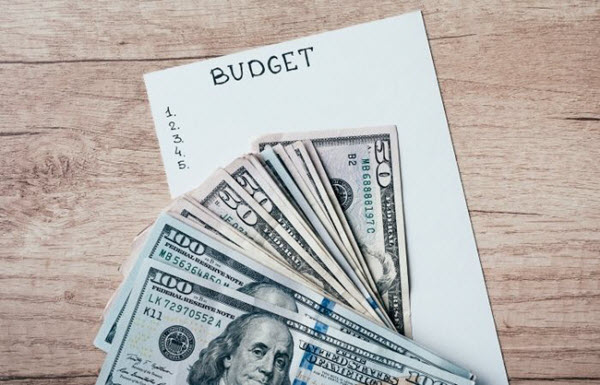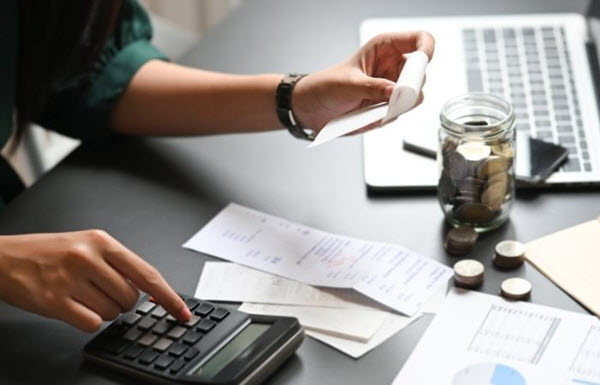5 Ways To Manage Money When You’re Broke
By AJ Balois
January 5, 2025 • Fact checked by Dumb Little Man

Having financial stability can be empowering—you can get your needs and indulge your wants without anxiously waiting for the next paycheck. It also allows you to prepare for emergencies and other unexpected circumstances. With the pandemic affecting the livelihoods of many, it is critical to stay on top of your finances to remain secure in these uncertain times.
As the old saying goes, better late than never. Taking charge of your finances today is a step towards a more financially secure tomorrow. Here are five easy ways you can effectively manage your money.
Make a savings plan
Many people are overwhelmed with the idea of how to start saving up. A savings plan helps break down the process, making it easier to commit to actually doing it. Decide on your overall saving goals, and then figure out ways to work towards those. Make sure to note down any milestones to help track your progress.
Once you've established a savings plan, open a savings account with a reputable bank to keep your money safe as you save up. Review your progress each month. If there were instances where you weren't able to stick to the plan, try to make small adjustments to make it easier for you to meet your goals.
Stick to a budget

One of the biggest reasons why people end up broke is that their expenses end up exceeding the capacity of their means. To avoid falling into the trap of overspending, create a monthly budget for yourself.
Take note of your monthly income, and then list all your expenses within a month: groceries, utility bills, transportation, and the like. From there, decide on how to portion your paycheck. As the month passes, remember to stay within your allotted budget. Unless there is a sudden and urgent need, other expenses should be deferred.
Track your spending
Picture this: you check your bank account and find that your funds are dangerously low. However, when you think about where you spent your last paycheck, your mind draws a blank. Reckless spending can leave you broke without an exact reason as to why you are.
The best way to avoid this is to track your spending dutifully. It can be as simple as a money tracker in your planner or a spending app on your smartphone. By regularly recording your expenses, you'll have a better idea of where your money is going and how to keep your spending in check.
Map out your purchases

An effective way to stay on budget is to plan all your purchases. Small but frequent shopping trips can add up, and big-ticket items can drain your savings in one go. At the beginning of each month, make a note of the purchases you're anticipating in the coming weeks.
Additionally, consider paying in installments for more expensive purchases. Installments are helpful for budgeting as they spread out large payments into smaller, more manageable sums over a longer period of time. These sums are paid off regularly, making them easier to plan for in your monthly budget.
Lessen “vampire” expenses
Vampire expenses are recurring fees that end up consuming the bulk of your savings. These can include subscriptions to streaming services, gym memberships, and postpaid phone plans.
Revisit your recurring expenses and ask yourself if you really need these services. If so, are there any cheaper or free alternatives? Can you downgrade your plan to one that better fits your budget and consumption? By pruning your recurring expenses down, you'll end up with more money for essentials or to add to your savings.
Never End Up Broke
Making the right decisions with your money now can make all the difference later on, especially if you find yourself in a pinch. With commitment and dedication, these tips can help you break the cycle of living paycheck to paycheck and bring you closer to your financial goals.
AJ Balois
AJ Balois is the Content Manager of BPI-Philam (https://www.bpi-philam.com/en/index.html). She likes to write and share tips to help you achieve a secured future and prepare you financially.







